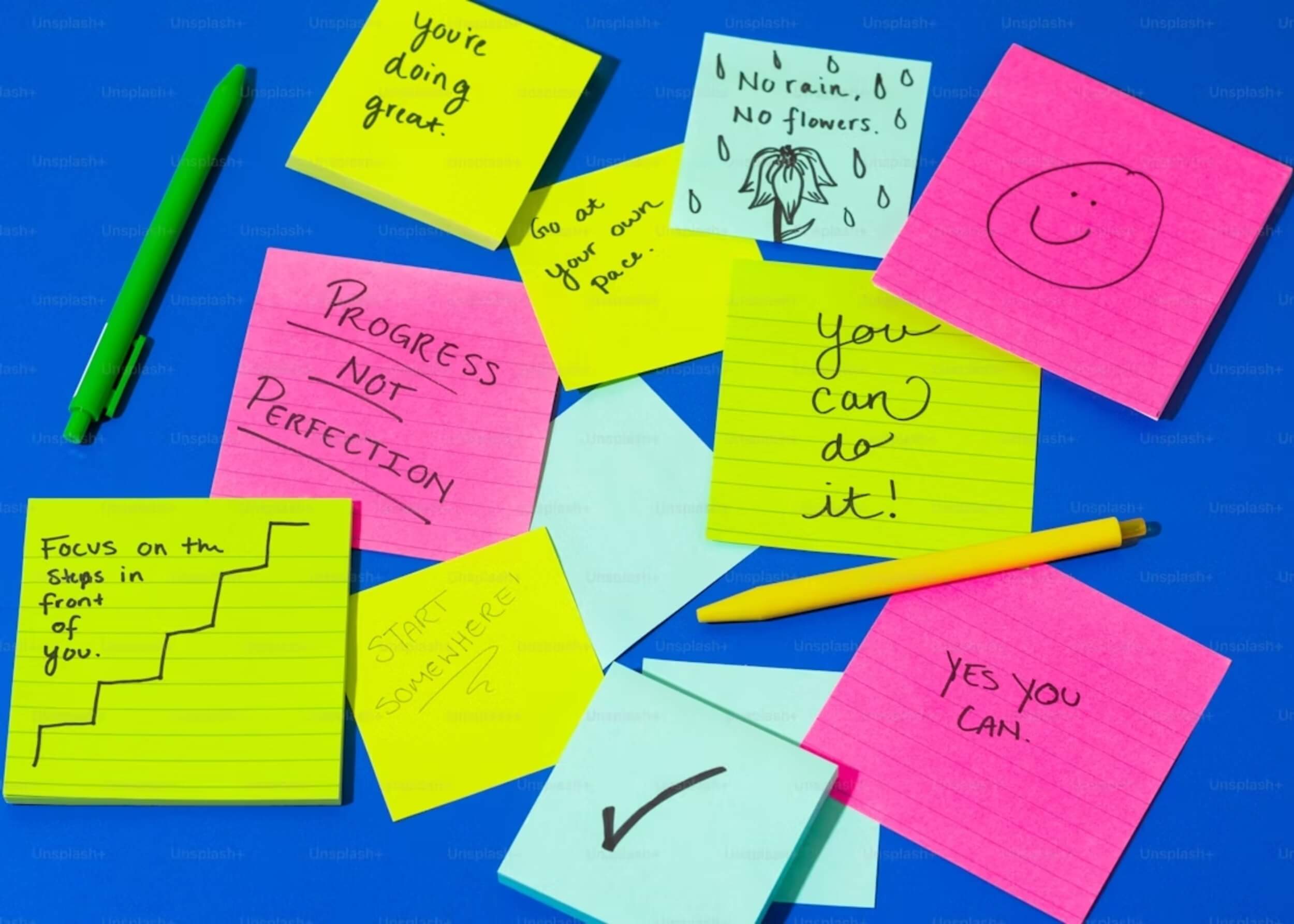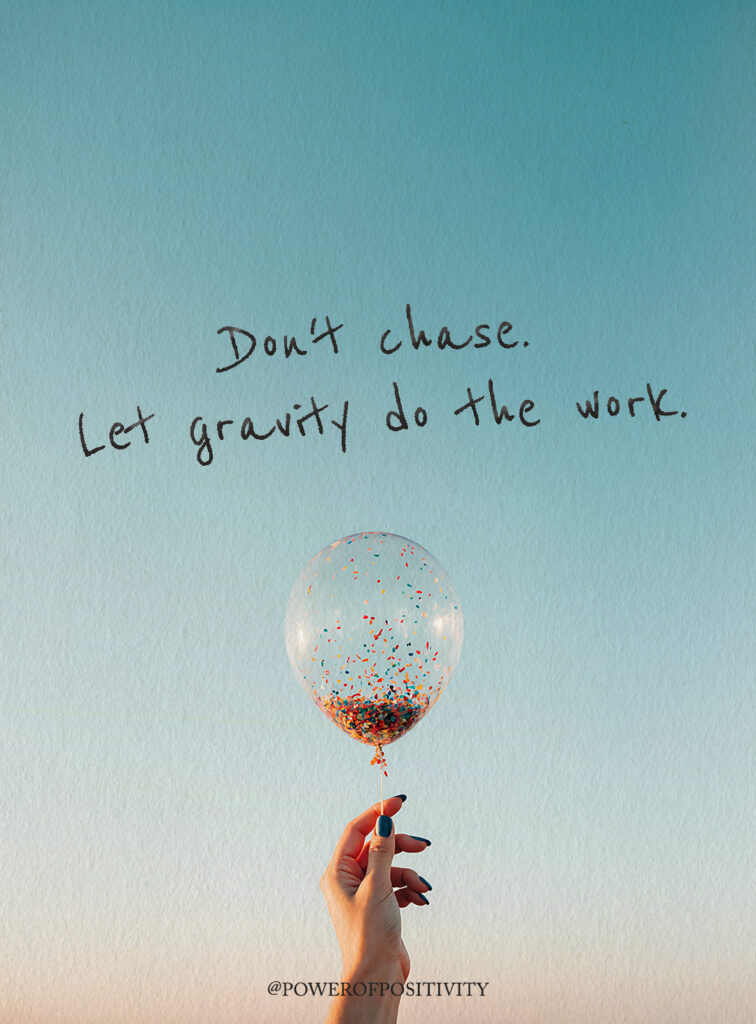Have you ever stopped to think about how much your daily habits shape your life? The things you do without even thinking — like checking your phone, making your bed, or grabbing that morning coffee — quietly guide where your days, and even your future, go. The science of habits shows that success rarely comes from one big change or moment of motivation. It happens through small, repeated choices that slowly rewire the brain until they become second nature.
What’s interesting is that these little actions don’t just change what you do — they change who you are. Every time you stick with a healthy routine or finish a small task, you’re training your brain to expect progress. Over time, those small wins add up. The magic isn’t in doing something huge — it’s in staying consistent with something simple, one day at a time.
Why Habits Are the Foundation of Change
Every big change starts with small steps. The science of habits shows that progress isn’t about sudden bursts of motivation — it’s about actions you repeat until they stick. Once something becomes routine, your brain runs it automatically, saving energy for new challenges. Neuroscientists say this happens in the basal ganglia, the part that stores daily behaviors so you can move through life with less effort.
The Compound Effect in Action
Think of your habits like small savings deposits:
- Eating one healthy meal sets the tone for better choices.
- Walking for ten minutes builds stamina bit by bit.
- Reading a few pages nightly adds up to whole shelves of books.
Each tiny action may seem small, but together, they change your direction. The science of habits proves that steady consistency — not perfection — creates long-term growth.
The Science Behind Habit Formation
Every behavior follows a simple three-part loop that explains why habits stick:
- Cue – the trigger that starts it, like time of day, place, or emotion.
- Routine – the action that follows, such as exercising, texting, or brushing your teeth.
- Reward – the good feeling that completes the cycle, like relief or satisfaction.
According to the science of habits, dopamine — the brain’s “feel-good” signal — spikes when it expects a reward. Soon, your brain begins to crave the routine that brings that feeling.
To change a habit, don’t fight the loop — adjust it. Keep the same cue and reward, but replace the routine with a better one. Over time, the brain rewires itself to prefer this new path, turning good choices into second nature.
How Tiny Changes Rewire the Brain
Your brain is built to adapt. Scientists call this neuroplasticity — the ability to form new connections through repetition. Each time you practice a behavior, those pathways grow stronger, just like muscles being trained.
Research based on the science of habits shows it takes around 66 days for new routines to become automatic. That means patience matters more than speed. Missing a day doesn’t erase your progress; it simply slows the building process.
Consistency trains the brain to make healthy choices easier and more natural. Over weeks and months, the tiny actions you repeat — eating better, saving money, stretching daily — reshape both your habits and your mindset. Change your brain, and your actions will follow.
The Psychology of Habit Triggers
Our surroundings play a quiet but powerful role in shaping behavior. Psychologists say most habits are responses to cues around us — not conscious choices. By tweaking these triggers, you can guide yourself toward better routines.
Try simple changes like these:
- Keep fruit where you can see it to encourage healthier snacks.
- Leave your phone in another room to reduce late-night scrolling.
- Place your workout gear near the door to remind yourself to move.
When your environment supports your goals, good habits take less effort. You’re not forcing yourself to behave differently — you’re just making the better choice the easier one. That’s how environmental design turns small intentions into lasting results.
The Role of Identity in Lasting Habits
Habits last longer when they match who you believe you are. The science of habits highlights that identity drives consistency more than motivation ever can.
Instead of chasing results, focus on becoming the kind of person who naturally does what you want to achieve.
- Don’t say, “I want to write more.” Say, “I’m a writer.”
- Don’t say, “I want to be fit.” Say, “I’m someone who moves every day.”
Each time you act in line with that identity, you strengthen it. Over time, it feels natural — not forced. Real transformation doesn’t come from outcomes; it comes from actions that reflect your values day after day.
How to Build Better Habits (10 Science-Backed Principles)
1. Start Ridiculously Small
Pick something so easy you can’t say no — one push-up, one page, or one minute. The point is to show up, not show off.
2. Use Visual Cues and Reminders
Put triggers where you’ll see them — a water bottle on your desk, shoes by the door, vitamins next to your coffee mug.
3. Anchor New Habits to Existing Ones
Attach a new habit to something you already do: “After I brush my teeth, I’ll stretch.” Linking it to a routine helps it stick.
4. Focus on Consistency, Not Perfection
Missing a day doesn’t break progress; giving up does. Return quickly, and your streak stays alive.
5. Track Your Progress Visibly
Use a simple checklist or app. Seeing progress sparks motivation and reminds you that effort adds up.
6. Make Habits Attractive
Pair effort with enjoyment — play music while cleaning, sip coffee while reading, or reward yourself with a short walk outside.
7. Reshape Your Environment
Keep things that support your goals close by and remove distractions. Make good choices easy, bad ones hard.
8. Build Accountability Systems
Share your goals with a friend or join a group. Having someone check in boosts follow-through.
9. Use Immediate Rewards, Not Distant Ones
Celebrate small wins right away — a cup of tea, a short break, or marking “done” on your tracker.
10. Reflect and Adjust Regularly
Once a week, notice what’s working. Change the time, place, or cue if needed. Adapting keeps the habit alive.
Breaking Bad Habits the Smart Way
You don’t erase a bad habit — you replace it. The brain resists losing rewards but easily accepts swaps that offer the same comfort in a healthier form.
Follow three simple steps:
- Spot the trigger — when, where, or why the habit starts.
- Swap the routine — choose a positive action that meets the same need.
- Keep the reward — comfort, relaxation, or relief.
Example: replace late-night scrolling with journaling or stretching. You’ll still unwind but in a way that helps you rest better. Over time, your brain connects that cue with the new behavior, creating a fresh pattern that feels just as satisfying — only healthier.
Why Motivation Isn’t Enough
Motivation is unreliable — it rises and falls. Habits keep you going when enthusiasm fades. Behavior scientists like BJ Fogg say it’s better to “design for action” by making good habits simple and convenient.
When motivation runs low:
- Shrink the task — do five minutes instead of an hour.
- Remove friction — keep tools ready before you need them.
- Focus on starting, not finishing.
Once you begin, dopamine kicks in, making the task rewarding. The science of habits proves that progress fuels motivation, not the other way around. Small steps today lead to automatic effort tomorrow.
The Ripple Effect of One Good Habit
Good habits rarely stay alone. Building one creates a ripple that spreads through your life — a concept experts call habit spillover.
For example, exercising regularly improves sleep, boosts confidence, and often leads to better food choices. Reading daily sharpens focus and reduces screen time. One positive action often opens the door to many more.
Start with one simple keystone habit — something easy to repeat that naturally lifts other parts of your life. Small wins build momentum, and soon, your lifestyle begins to change without forcing it.
Conclusion: Lasting Results Begin with Tiny Steps
Big transformations don’t start with giant leaps — they start with one small, consistent step. The science of habits proves that your brain rewards repetition, turning effort into ease over time.
When you design your environment, start small, and focus on identity-based goals, change stops feeling like work. Each simple action becomes a vote for the life you want to live.
The most powerful progress doesn’t happen overnight — it happens quietly, one tiny step at a time. Those small daily wins, multiplied over weeks and months, lead to results that truly last.















